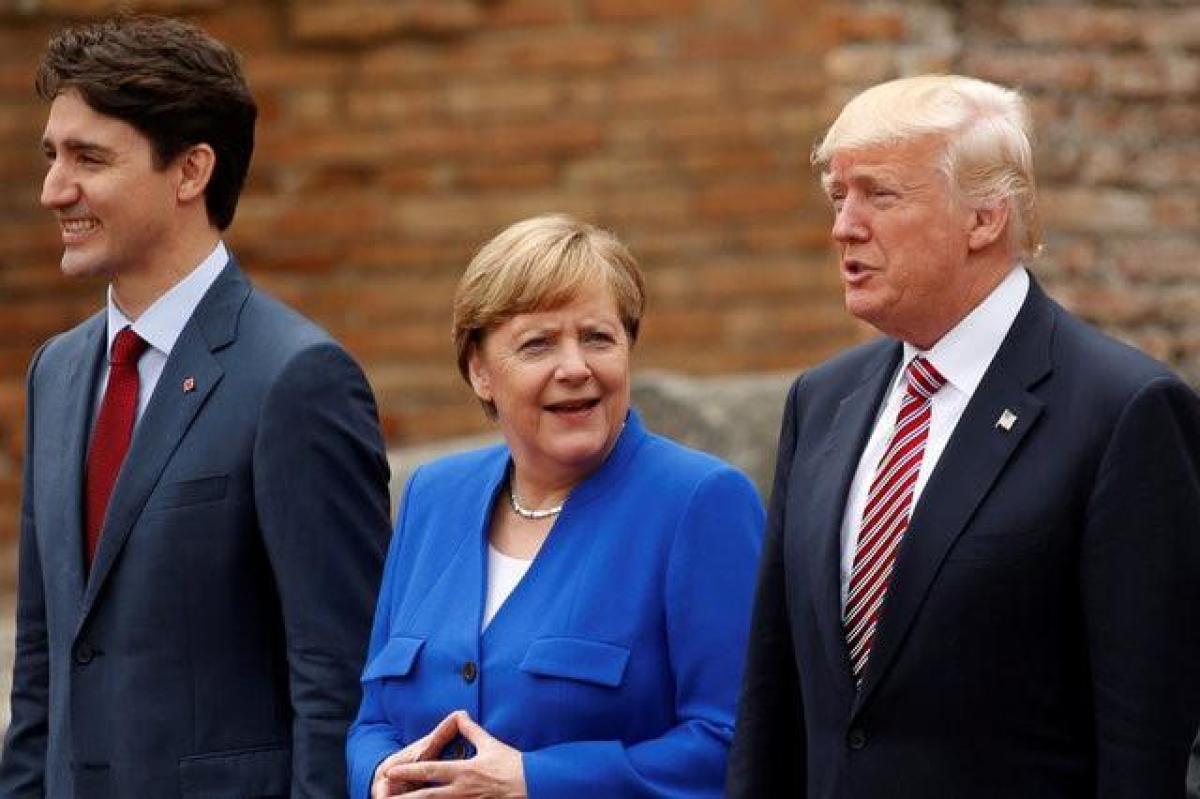
Wu Zhenglong, Senior Research Fellow, China Foundation for International Studies
Jul 03, 2017
Put simply, President Trump thinks that Europe and other allies have profited too much at the US’ expense and that the US should stop being such a sucker. That view will shape trans-Atlantic relations for the duration of this presidency.
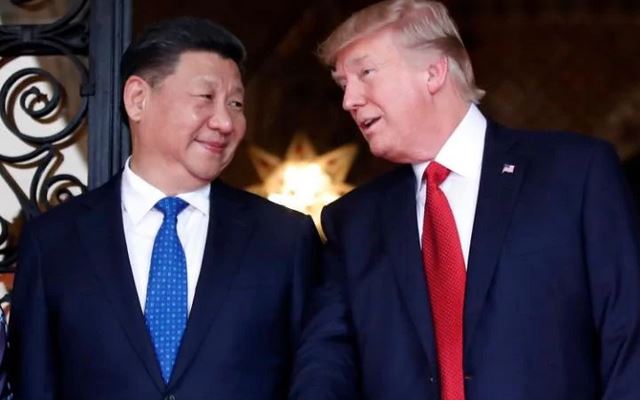
Jia Chunyang, Assistant Research Fellow, CICIR
Jun 30, 2017
Both China and the US have begun to deliberate on ways of dealing with each other in the next few decades, and are willing to set a positive course for the future development of bilateral ties over the long term.
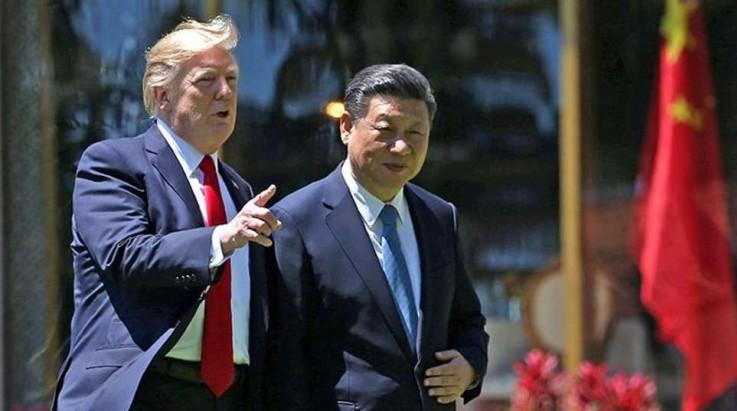
Jared McKinney, PhD student, S. Rajaratnam School of International Studies
Jun 29, 2017
Graham Allison’s characterization of China being on a collision course with the United States, a condition he calls the “Thucydides Trap,” has been hotly debated in foreign policy circles. Jared McKinney examines the fault lines of a recent critique by Arthur Waldron, particularly taking issue with the historical evidence Waldron provides to argue that appeasement is more dangerous than measured conflict.
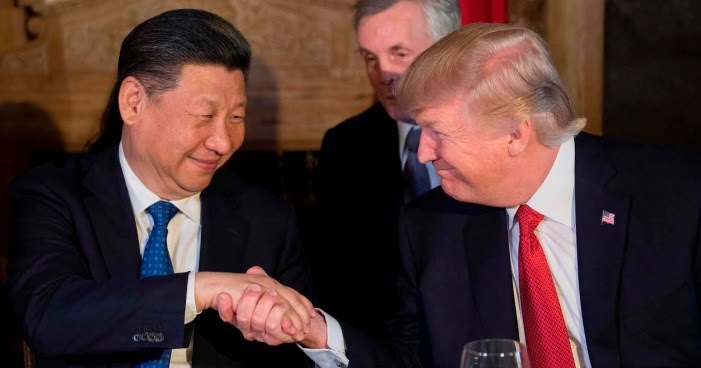
Yanzhong Huang, Senior Fellow, Council on Foreign Relations
Jun 26, 2017
The end of the Cold War and China’s integration into the world economy generated the context that led to a serious soul searching for China’s “identity” in the international system. While a shifting balance of power, socialization, and crises have driven China’s involvement in global governance, they have not led to similar advancement in U.S.-China cooperation in global governance.
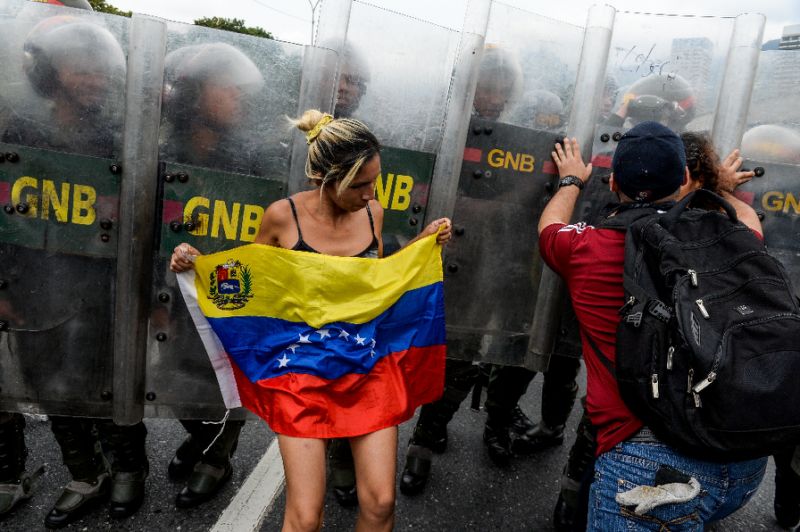
Eric Farnsworth, Vice President, COA, Washington D.C. Office
Jun 26, 2017
The United States, China, and other nations are now faced with the decision as whether they will work together to put Venezuela on a more sustainable political and economic course. At some point soon, Beijing will have to determine whether China stands a better chance of realizing its fundamental interests by supporting Maduro or by working with the international community to press for change.
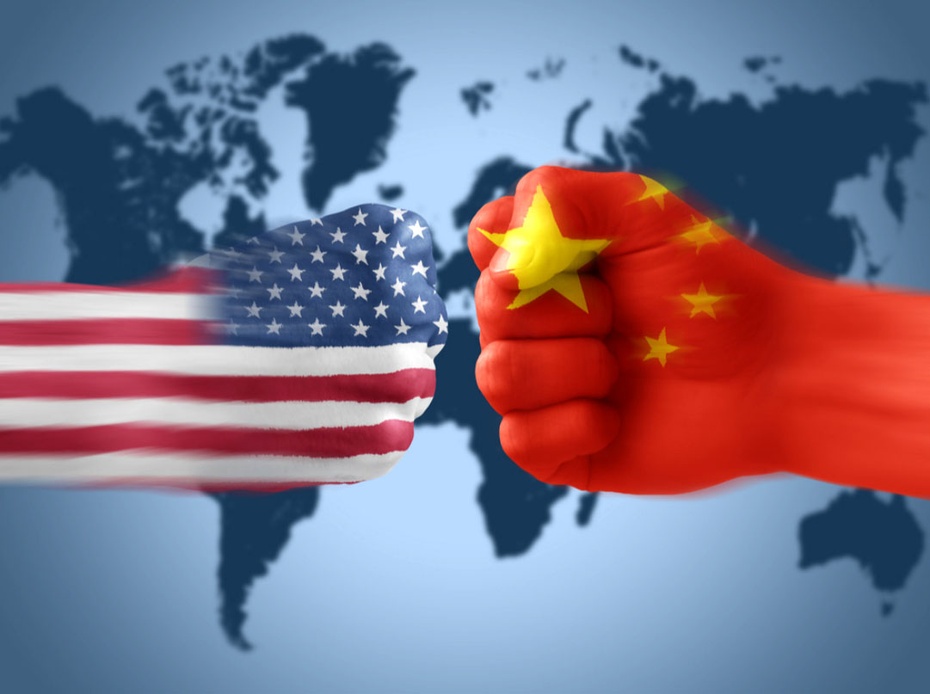
Chen Yonglong, Director of Center of American Studies, China Foundation for International Studies
Jun 23, 2017
Traveling in each other’s company and benefiting each other should be the form and path to effective China-U.S. cooperation, as building a community of shared future for all mankind requires partners with shared objectives instead of fellow travelers who meet by chance and lack mutual trust.
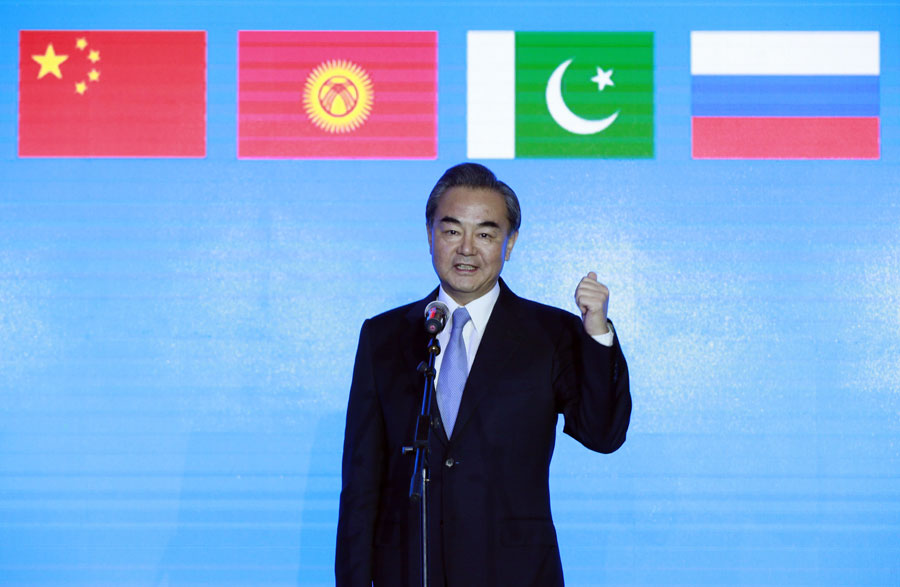
Yu Sui, Professor, China Center for Contemporary World Studies
Jun 22, 2017
On the evening of June 14, 2017, Foreign Minister Wang Yi attended upon invitation the reception of the Shanghai Cooperation Organization (SCO) Day held by SCO
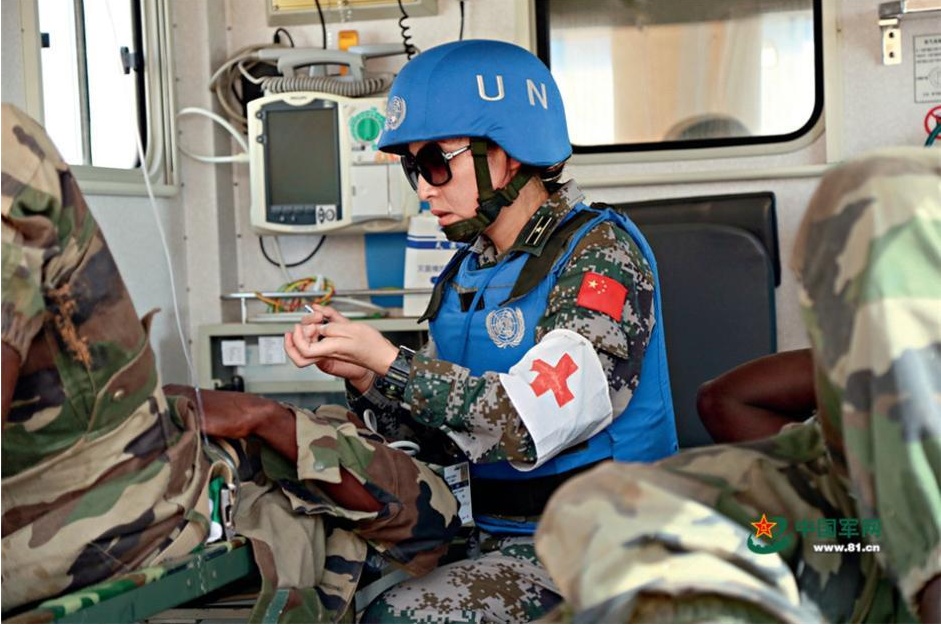
Lucio Blanco Pitlo III, President of Philippine Association for Chinese Studies, and Research Fellow at Asia-Pacific Pathways to Progress Foundation
Jun 22, 2017
As things stand, with four more years of the Trump Administration, China will have the field wide open for its continued ascent into global power. However, China should be wary of the dangers posed by overconfidence, great power chauvinism and a growing sense of entitlement that unbridled nationalism and unchecked leadership may breed.
Yue Li, Senior Fellow, Pangoal Institution
Jun 20, 2017
Moon needs practical and operational measurements and outcomes, as well as ambition and determination to tackle the challenges of inter-Korean relations. And yes, there surely are opportunities and advantages for the South Korea to take. But the government has to be very careful to turn them into positive forces, so that a revival of “Sunshine” isn’t weakened to mere “Moonlight” as the pessimists have predicted.
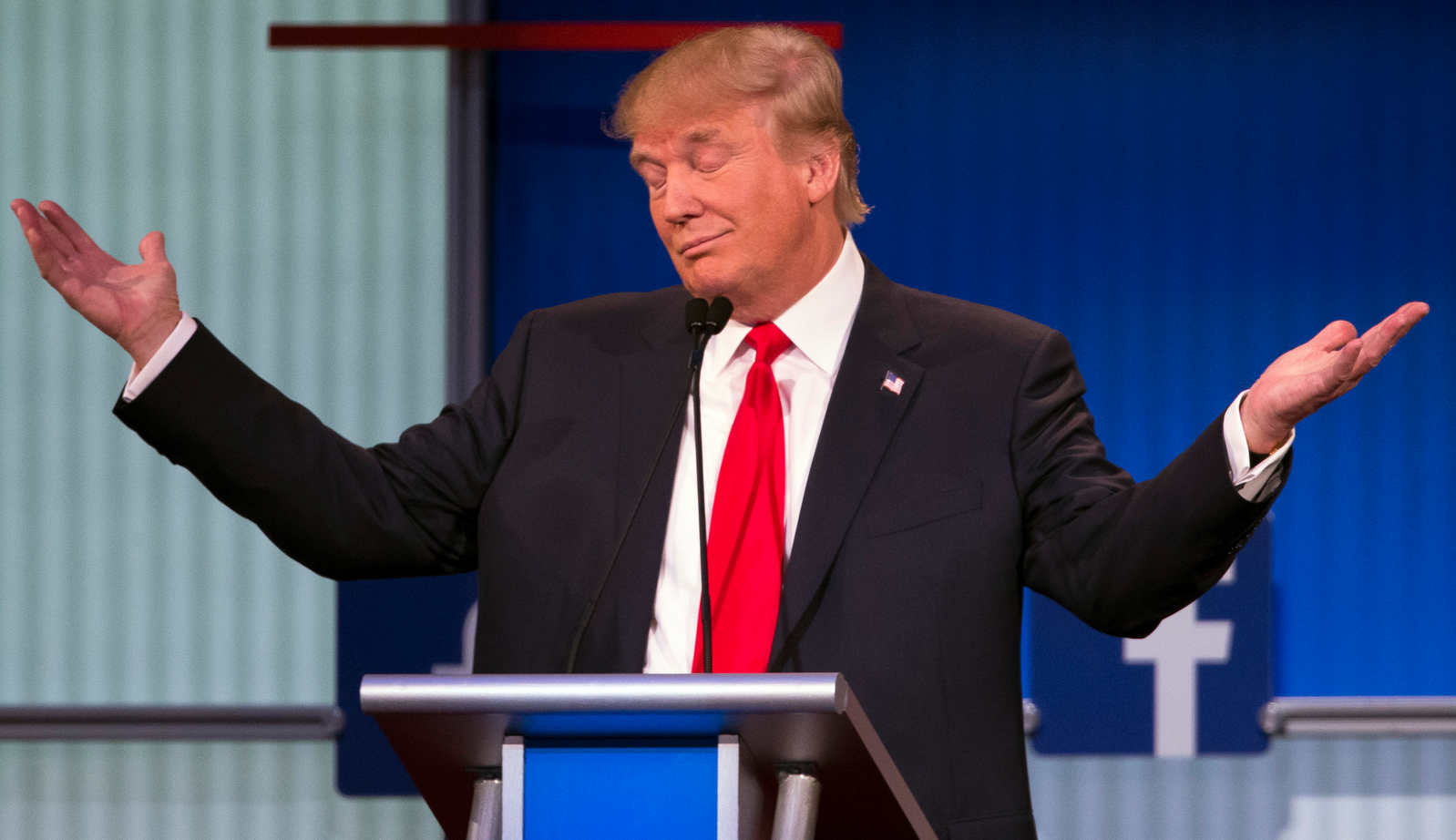
Colin Moreshead, Freelance Writer
Jun 20, 2017
It is not ideology that Beijing should count on, then, but incompetence. With TPP and the Paris Agreement, the Trump White House has been driven by rank opportunism – not in pursuit of a coherent set of policy goals, but rather to claim alpha status by the simplest means available.
Back to Top

- China-US Focus builds trust and understanding between the U.S. and China through open dialogue among thought leaders.
- Our Offerings
- Topics
- Videos
- Podcasts
- Columnists
- Research Reports
- Focus Digest
- Stay Connected
-
Thanks for signing up!
- Get the latest stories from China-US Focus weekly.